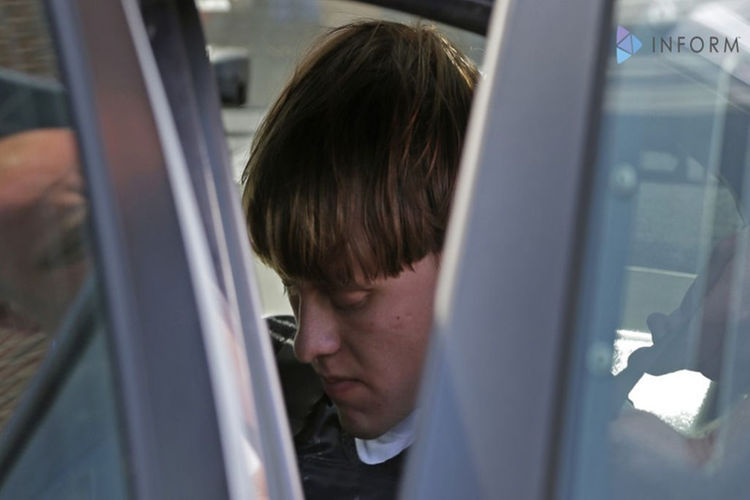Politically Charged

If you say you don’t stay out late anymore because there’s nothing to do and not because you’re old, then Bill Maher is calling your bluff.
The comedian offers three weekends of his politically charged humor at the Hard Rock Hotel, with shows at 11:30 p.m. on Fridays and 11 p.m. on Saturdays.
The late start is partly mandated — for the first two stints, at least — by Maher’s taping his HBO series, “Real Time with Bill Maher,” in Los Angeles before catching a flight to Las Vegas.
But the topical host long has believed Vegas is ready for “a hip show at midnight,” as he first described it in early 2005, when he had to settle for a single 8 p.m. date at the House of Blues at Mandalay Bay.
By the time Maher performed at The Comedy Festival last November, he sounded resigned to defeat. Management “doesn’t want to keep people out of the casinos at that (late) hour. That’s when they’re drunk and losing,” he said.
But a new promoter at the Hard Rock (AEG Live, which also produced The Comedy Festival) decided to test the theory that enough people keep their brains turned on after 10 p.m. to field an audience, perhaps one that avoids current Las Vegas fare altogether.
“It’s a mature act I do,” the 51-year-old comedian acknowledges. “It’s for people who probably know what’s up in the world, and that is going to skew a little older.”
But, he adds, “I think that’s the crowd that thinks, ‘There’s nothing for us out there. Movies are all made for teenagers who want to see (stuff) blow up. … And I hear people complain about it: ‘Yeah, we’d go out more, but what are we going to see?’ “
Maher has been at the cutting edge of topical humor since “Politically Incorrect” debuted in 1993. It’s hard to imagine any previous life as a more generic comedian. But he says he was just beginning to define his style when he made his Las Vegas debut as Diana Ross’ opening act in 1982.
“I was 26, I had done one ‘Tonight Show,’ which was how I got the gig,” he recalls. “First of all, I wasn’t ready to play a room like that. It was 20 minutes before Diana Ross and people were coming in while I was on. I got the feeling I was just a glorified time-filler — and quite frankly not that glorified.”
His early years coincided with “what I call the dead-ball era in Vegas. It was before it had reinvented itself even as a family place. And even that (era) was better than this was. … I was there two weeks and you didn’t see a lot of young people, you didn’t see a lot of pretty girls. It was like what Atlantic City is now.”
But a few dates linking him to big showroom names, combined with his Johnny Carson credits, gave him a huge career boost. Carson got a kick out of Maher’s routine about his parents’ Catholic-Jewish marriage: “The joke about how I used to bring a lawyer into confession, it killed him.”
“When you’re young like that, you’re pretty much doing any joke that works,” he adds. “You’re still sort of searching around for your style.”
At some point in the next 10 years, the more familiar Bill Maher emerged. “I always was interested in issue-oriented material,” he says. “But when you’re a kid, when you’re 26, you don’t have very much credibility with the audience to be pontificating about stuff that has gravitas. Because you don’t have any gravitas. So it was a slow evolution.”
By the time “Politically Incorrect” launched on Comedy Central, topical humor was “enough of a trademark for me” to land Maher the hosting gig. “I think in your 30s, you start to look more like a man and less like a child.”
The show’s oddball mix of celebrities and current-events humor was a big enough hit that it moved to ABC in 1997. But the network pulled the plug in 2002 after a national brouhaha erupted when Maher said the terrorists who attacked the World Trade Center were “not cowardly. Stupid maybe, but not cowardly.”
The reworked format of the HBO version allows the show to book more serious guests and to “get heavy for a few minutes,” he notes. But that won’t happen onstage. “It’s got to be funny. You cannot go any length of time without making them laugh hard. That’s just my rule. I never want to become Lenny Bruce or any of those guys who forgot that comedy is king.”
Dan Rather, a recent “Real Time” guest, told Maher that he and “The Daily Show” host Jon Stewart have taken on much of the role of the bold challenger of the government line that used to go to mainstream journalists.
But Maher says he can’t lose his comic perspective onstage. Political humor is “a rare form of stand-up comedy, to be able to talk about issues that are inherently very serious, and sometimes tragic, and make them funny. You have to kind of snap the audience’s head back sometimes and go from the serious to the funny.”
In his stand-up act, if there’s “a subject that I want to cover but if I don’t have the jokes yet, sorry. It’s gonna have to wait.”